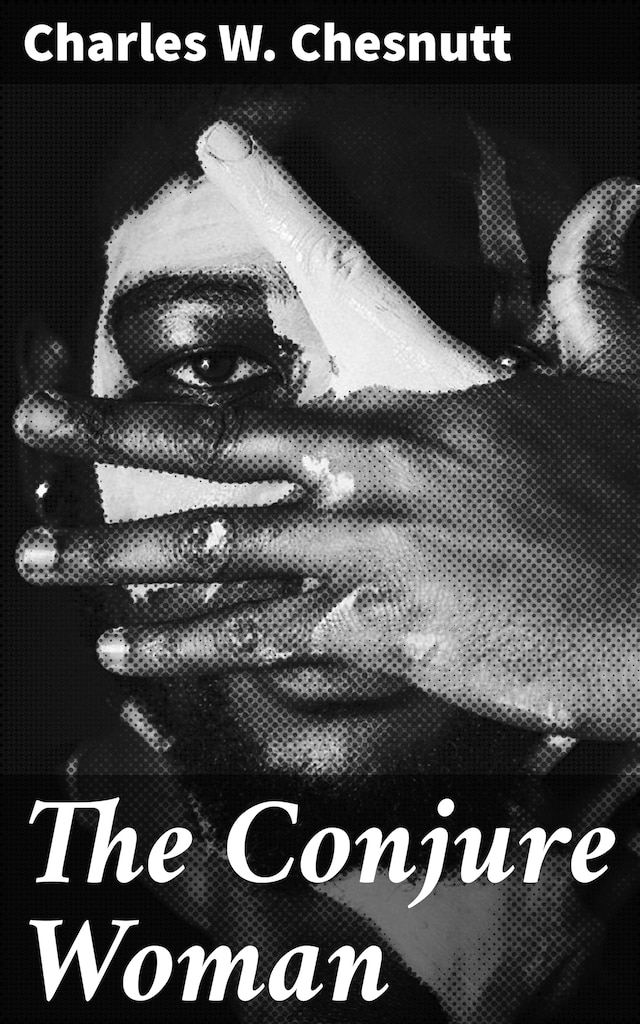
The Conjure Woman
Exploring race, power, and tradition in the antebellum South
Buchbeschreibung


